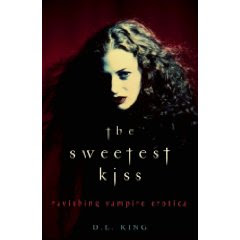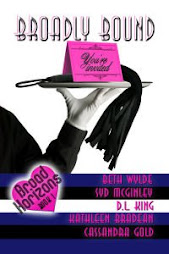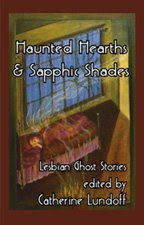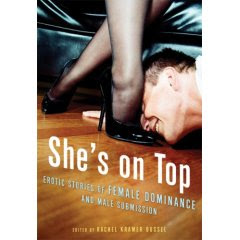Since I was talking about the sad fact that not every piece of information is on the Internet, even when it seems as if it is, I thought I would talk about some of the other reference materials I use.
I
have many reference books. The ones that are titled "How to Write..." are generally of no use. They sell well, but they don't teach anyone how to write. The ability to write is a creative talent. Writing well comes from learning the craft. The only way to learn the craft is to write, take criticism, learn from it, and write some more. Reading many well-written books from a writer's perspective will teach you a lot.
There. I just saved you twenty bucks. The books I feel are worth keeping on hand are Browne & King's Self Editing for Fiction Writers, a good world atlas, and Mary Varchavers and Frank Moore's The Browsers Dictionary of Foreign Words and Phrases. Sure, I have a lot more, but those are the ones I use a lot.
Just as important are writer's groups, especially ones on the Internet. Some people like getting together with a group that meets face to face, but even if you can find such a group, they're writing at the same level as you, you have the time to meet, and the energy of the group keeps it going, you'll still want online groups too. Why?
1) Sheer numbers. An online group can have hundreds of members. That's great when you need information quick. Setting your story in a city you don't know well? Need to know something about motorcycles? Thinking of submitting to a publisher and want the scoop on them? Someone in a big group will know, or they'll put you in touch with someone who does.
2)Time management. With a list, people can respond when they have time, which helps keep an active core alive. It also means that you can post your questions as they arise instead of waiting a week and a half for your group to meet, only to have the time absorbed by the diva who delivers a tiradeagainst someone who Just Doesn't Get Her Magnum Opus and wouldn't know art if it bit him in the ass. Oh sure, online groups have members who dominate with their personal issues, but flouncing off
an electronic listdoesn't have the same dramatic flair as gathering your things and stomping out of the coffee shop in a huff.
3) Fit. If you're in a critique group, you want the other writers in it to be slightly better than you. It will help raise the level of your work. If you write genre, you want to be with people who already understand that genre. There are hundreds ofcritique communities online. One will be right for your level of writing and your genre. While you're at it, you might as well join a few other groups that focus on other things thancritique . Some groups talk about the business aspect of writing, so you can get a lot of advice about publishers, submissions, etc. If you write (for example) paranormal erotic romance, join a romance writer's group, an erotica writer's group, and a paranormal writer's group. It'sgoing to be easier to find groups that fit your needs online than it will be in physical space.
4) Promotion. Especially if you write romance, erotic romance, paranormal romance, etc. (but this holds true of any writer in any genre) you're going to want to hit the ground running with promotion ideas when you get published. Many of these groups offer chances to reach readers. Spending a weekend in chat is a lot easier and cheaper than doing aphysical book promotion tour. Some groups don't hook you up with readers, but offer solid advice about cheap and efficient ways to get your name out there.
Even though the Internet doesn't have everything, it sure has a lot to offer a writer beyond research. (I hope that mollifies the Internet Gods, because I'm still looking for that information on riverboat barges)
Thursday, August 21, 2008
Subscribe to:
Post Comments (Atom)















.jpg)











1 comment:
Found my way over here from other places and thought I'd say hello!
As far as researching at the liabrary...I wonder how the writers of past ages ever wrote anything.
Hugs
Roxy
Post a Comment